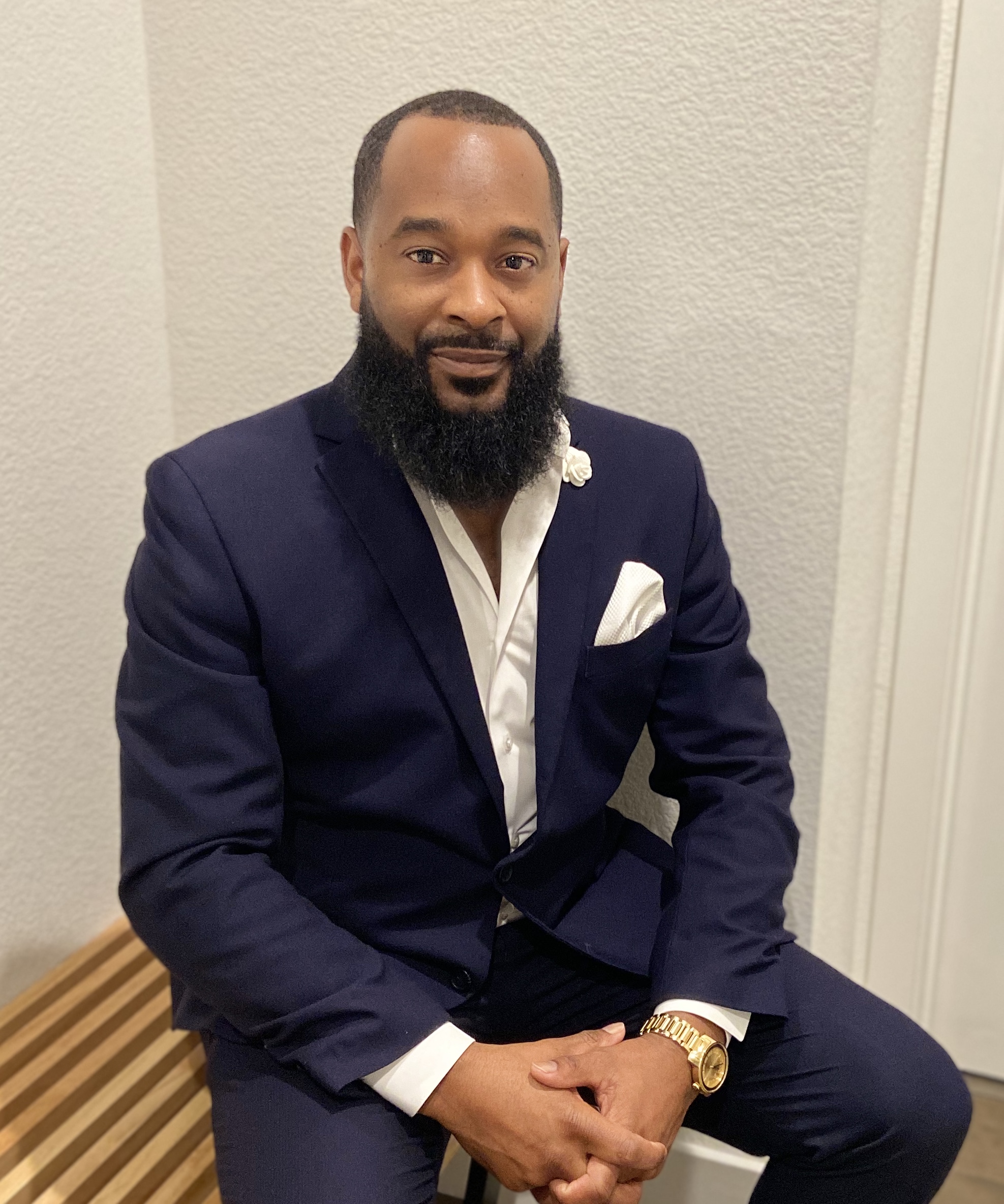
The construction field doesn’t exactly ring a bell for a “happy-go-lucky” environment or even one that cultivates open dialogue about feelings and emotions. Rather, for a long time the culture has been one of a male dominated field with a conservative mindset. One in which men and feelings aren’t used in the same sentence. The beliefs on men and work were even more conservative. Work involved long days, manual labor and getting the job done. Many construction workers believed in an “honest” day of work and were usually the primary bread winner at home. There wasn’t a focus on personal and professional development or training to move up in the field. Rather, the construction and administrative offices were looked at as two different worlds. There was a hierarchy at work and though many didn’t express their feelings, there was a sense of resentment and anger.
This environment of being strong, emotionless and staying in your place, was a great disservice to those in the construction field. It created a lonely environment and one in which there was no growth or way out. As someone in the construction field for over 20+ years now, I see today that this culture has failed the individuals in this field. It is one that has stunted our growth and left many of us keeping our mental health status quiet or better yet, denying it even exists. Not having the tools to better circumstances whether professionally or personally, left men in the field to feel isolated, defeated, angry, resentful and frustrated.
On too many occasions individuals I worked with had attitudes of frustration and angry even before the start of the workday. Getting to know them, many were battling divorce, child custody issues, childhood trauma, drug and/or alcohol addiction to name a few. Too often of times, individuals took this rage, anger and frustration home. These feelings poured out in to their relationships and parenting; only allowing the cycle to continue. Many of them never sought out professional help to talk through their issues, trauma and various disorders. This had great implications on their mental health, attitudes at work and their views on life. As I reflect on this, I can understand why the rates of suicide in the construction field are one of the highest of all occupations, according to the Centers for Disease Control and Prevention.
In a recent article written by Yuki Noguchi of NPR, it discusses construction companies like RK in Salt Lake City Utah who are embracing conversations on mental health in the workplace. As a small business owner, myself, I am looking at companies like this as the model. It is my goal to incorporate mental health conversations amongst my staff, while paving the way for change in the overall field. Working in San Francisco, a city facing an increased amount of homelessness and mental health crisis, I want to lend a hand in changing the narrative. I want to explore mental health services in the area to share with my staff, so that they are able to live a Thriving life. The core values of Thrive resonate with the environment I would like to create for my staff and those around me.
Being neighbors to research institutions like UCSF, Berkeley and Stanford, I am personally invested in learning more about mental health research and supporting the new innovative ways to help address mental health treatment. If we all work to destigmatize mental health and create spaces for open communication while connecting resources, we can better the struggle for those in the construction field as well as the larger community.


